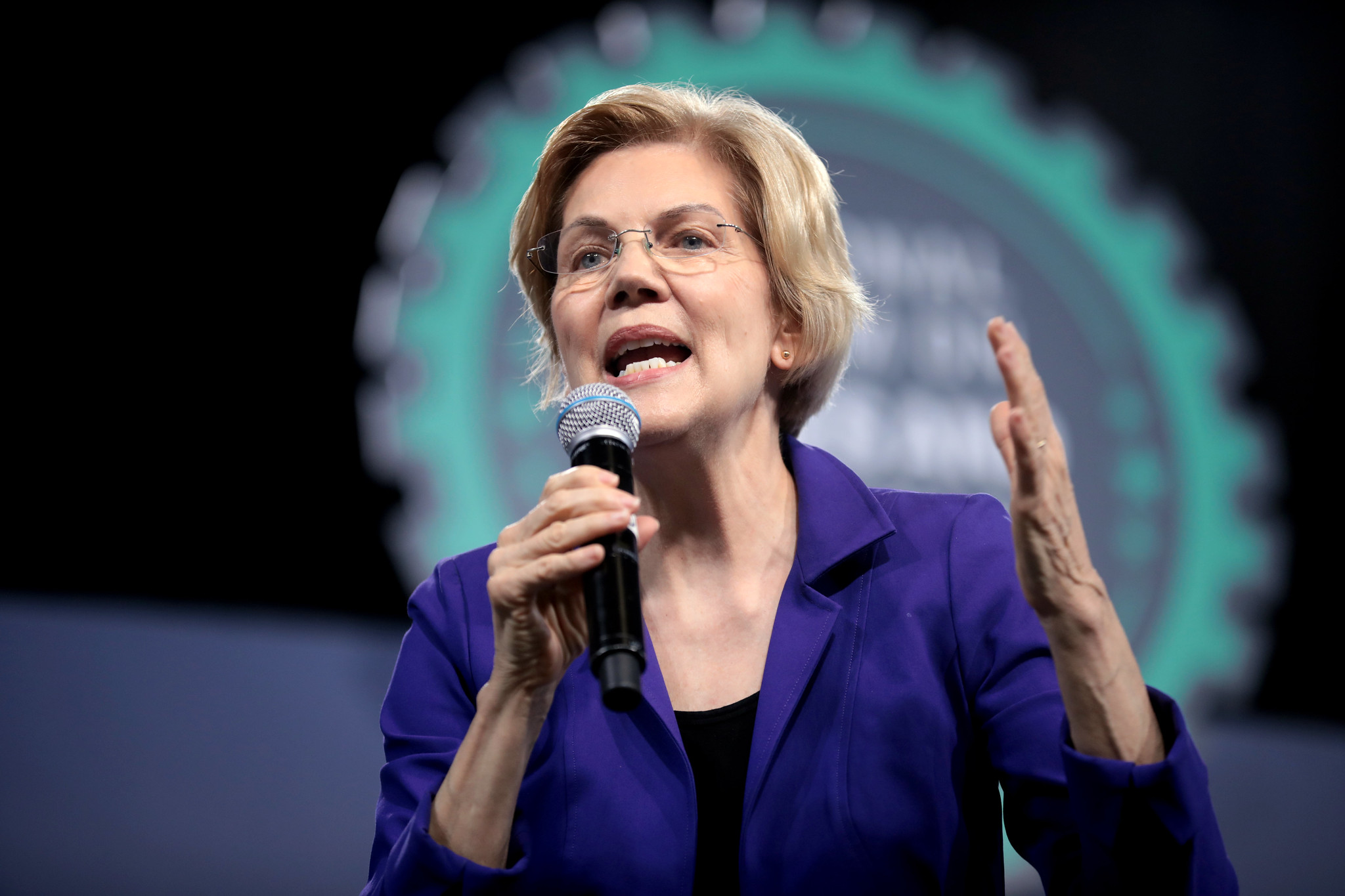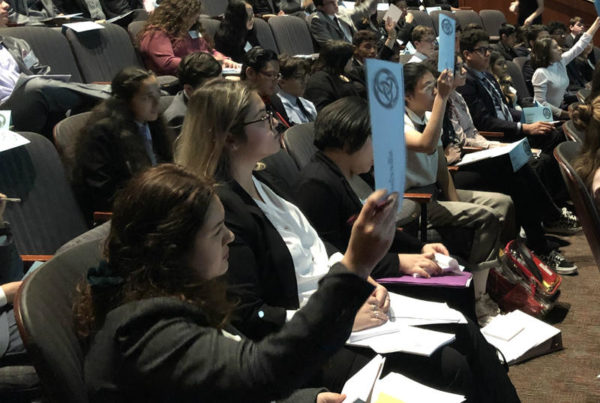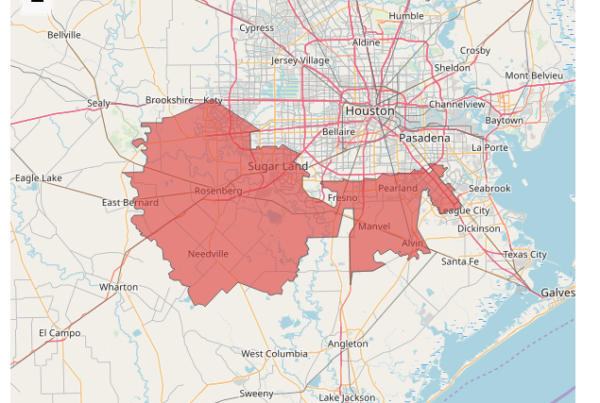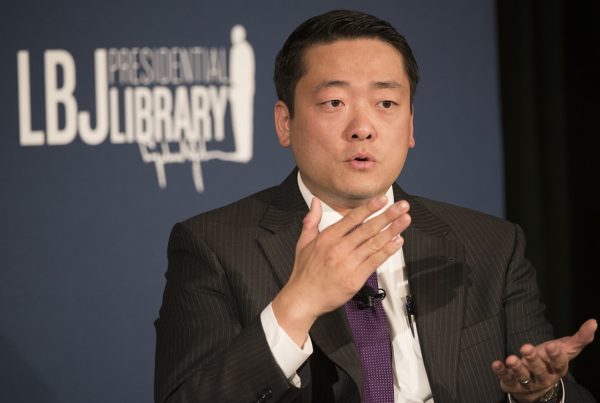Tuesday night’s Democratic presidential debate was the final one before the Iowa caucuses on Feb. 3 – the kickoff to the primary election season.
Sharon Navarro, a political science professor at the University of Texas-San Antonio, tuned in. A few moments caught her attention. For Texans, she says the candidates’ debate about U.S. trade policy with Mexico was important.
“Mexico is Texas’ biggest trading partner; it accounts for about 35% of the state’s exports,” Navarro says.
As a scholar of women in politics, Navarro says she also paid attention to the discussion about Bernie Sanders’ alleged comments to Elizabeth Warren about whether a woman could beat Donald Trump. She says that’s a common concern, not unique to this race.
“That has long been the discussion of any candidate that runs for the presidency,” Navarro says. “When we think of the presidency and the institution itself, in Texas, we tend to think of it as a masculine institution.”
She says it’s difficult for people to grapple with challenges to that stereotype.
There was no “winner,” in the traditional sense, Navarro says. Most people who watch primary debates are already loyal to a particular candidate. But they were all “presidential” in their temperament, she says.
One sore spot is the lack of racial diversity among the remaining candidates. Elizabeth Warren mentioned Hispanics during last night’s debate, but Navarro says that was after little mention in many of her speeches on the campaign trail. Former candidate Julián Castro recently endorsed Warren, which could have influenced that shift.
“Prior to that, she never really spoke about brown people,” Navarro says.
Written by Caroline Covington.













